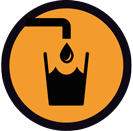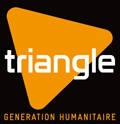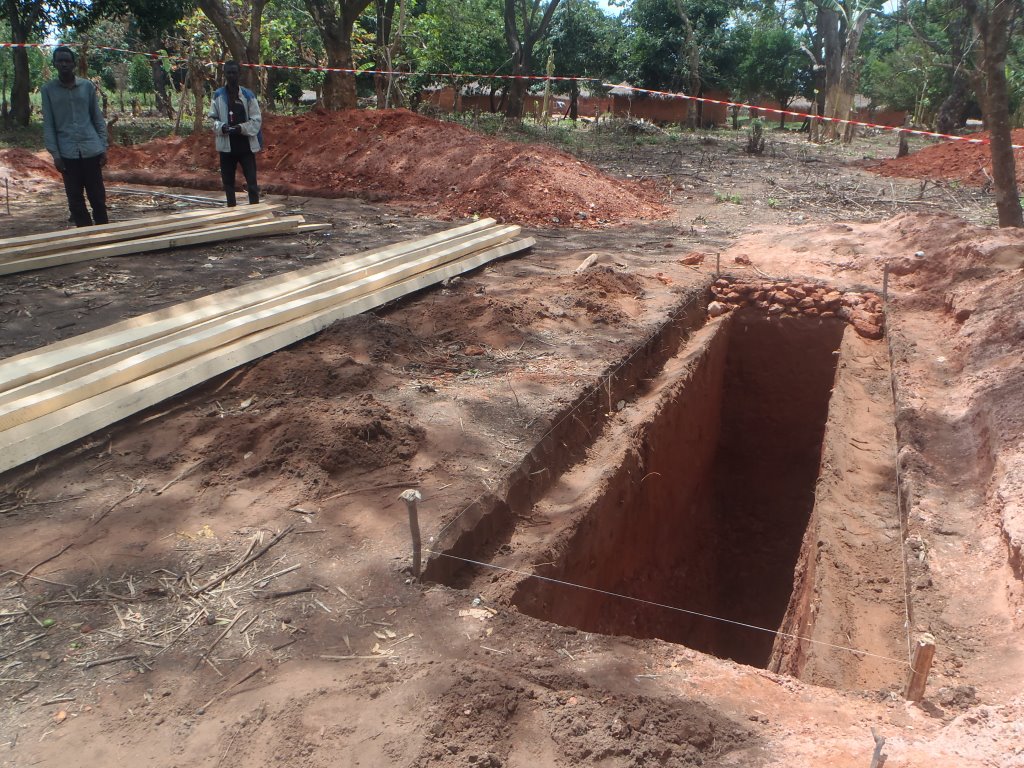AREA OF EXPERTISE

Water, hygiene and sanitation

AREA OF EXPERTISE

Water, hygiene and sanitation
FUNDING
Humanitarian Fund
The Ouaka, one of the areas most affected by the crisis that CAR has been undergoing since 2012, is home to a very large number of internally displaced people - 98,443 people according to the Commission on Population Movement (CMP) of February 2018 -, living in poor conditions, particularly with regard to water access, hygiene and sanitation.

March 2018 - latrine pit
The creation of 3 IDP sites on the Ippy axis in March 2018 brings the number of people spread over the 13 sites in the Ouaka Prefecture to 76,349, to which are added 37,690 people in host families and 2,500 in the bush. In Bambari, more than 15,000 people have reportedly arrived since October 2017, more particularly during the first half of 2018, as a result of violence on the Ippy axis.
In partnership with the national NGO Nourrir, TGH is developing emergency WASH activities (renovation of 12 water points in villages located on the Bambari-Ippy axis) in IDP camps, focusing on integrated interventions, with water and hygiene promotion components: key messages related to handwashing, water collection and storage and the contamination cycle.
TGH is restoring water points to improve the quantity and quality of water available at the Maloum site which count 12,000 people - restoration of 4 boreholes and disinfection of 2 water sources – and also provides hygiene awareness, targeting mainly women and children (personal hygiene, hand washing, food conservation, waste management, use of latrines/showers, hygiene practices, water conservation/consumption, malaria, food hygiene and waste water management).
TGH has also planned to build 17 sanitary areas with a total of 170 adult latrines, 68 children's latrines, 102 showers and 17 waste pits on this site, which is not covered by humanitarian organisations for sanitation issues.
In addition, a WASH contingency stock has been set up, which will temporarily help increase the distribution of drinking water by setting up emergency water points in the event of an influx of displaced people.